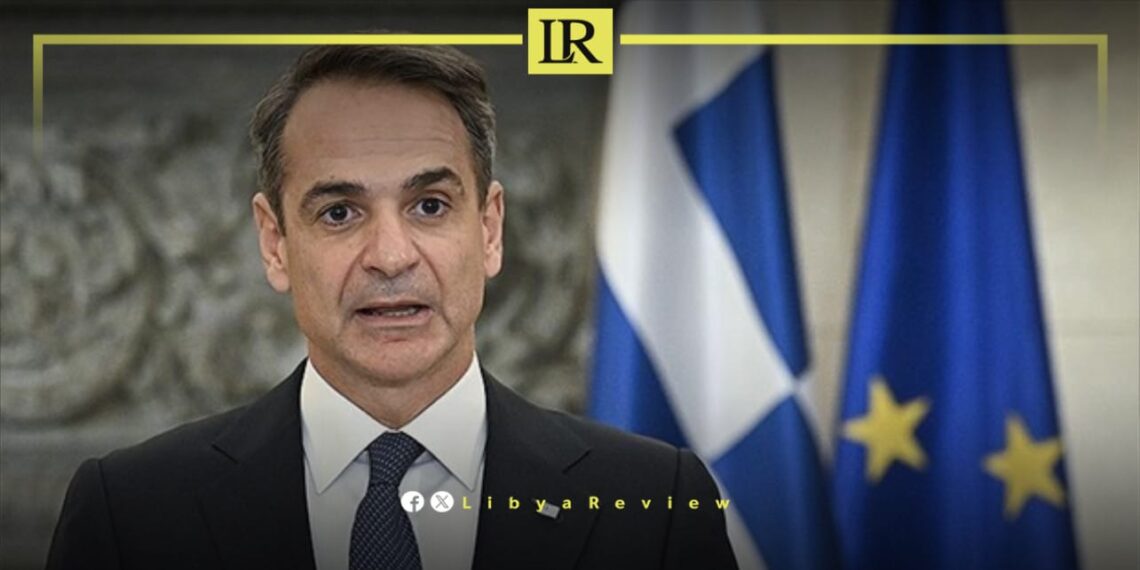Greek Prime Minister Kyriakos Mitsotakis has reaffirmed Greece’s stance that the maritime memorandum of understanding between Turkey and Libya is “illegal and invalid.”
This statement comes amid reports suggesting that Turkey is negotiating a similar Exclusive Economic Zone (EEZ) agreement with Syria, which could potentially overlook Cyprus’s sovereign rights.
During the EU-Western Balkans Summit, Mitsotakis informed European counterparts about these developments, emphasizing the need for vigilance regarding actions that may undermine regional stability and international law.
He highlighted that any such agreements should not disregard the sovereign rights of other nations, particularly Cyprus.
The Turkey-Libya maritime deal, signed in 2019, has been a point of contention, with Greece and the European Union deeming it a violation of international law.
The agreement delineates maritime boundaries between Turkey and Libya, which Greece argues encroaches upon its continental shelf and disregards the presence of Greek islands.
In response to these tensions, Greece has been proactive in securing its maritime interests.
In August 2020, Greece and Egypt signed an agreement designating an EEZ in the Eastern Mediterranean, countering the Turkey-Libya deal. This move was aimed at reinforcing Greece’s claims and promoting energy exploration activities within its designated zones.
Prime Minister Mitsotakis’s recent statements underscore Greece’s commitment to defending its sovereign rights and ensuring that any maritime agreements in the region comply with international law.
He also called for enhanced European cooperation on defense matters, proposing an extraordinary summit to address geopolitical tensions and the need for a unified European defense policy.
These developments highlight the ongoing complexities in the Eastern Mediterranean, where overlapping claims and geopolitical rivalries continue to challenge regional stability.
Greece’s diplomatic efforts, alongside its alliances with other nations, aim to navigate these challenges while upholding international legal standards.


